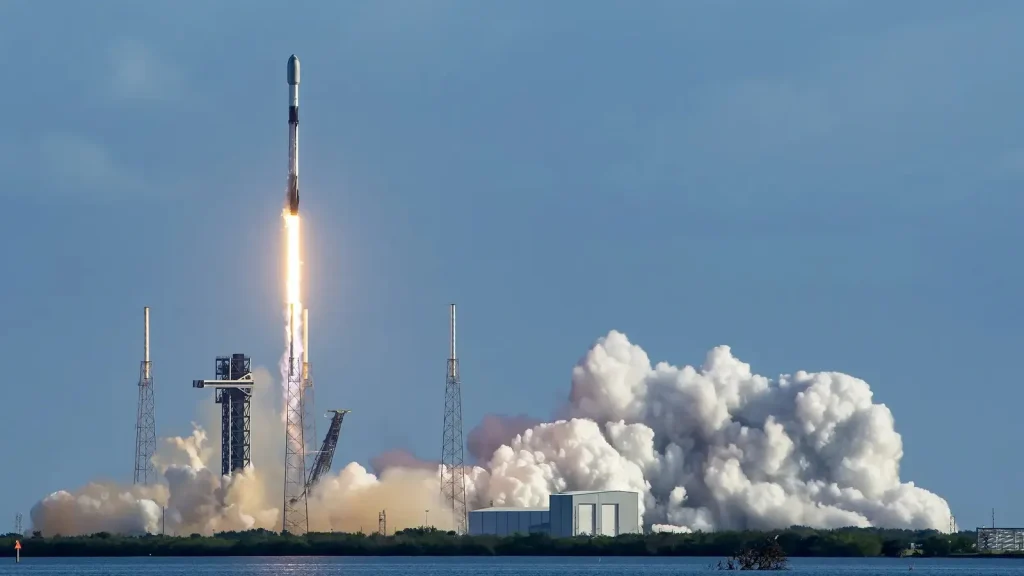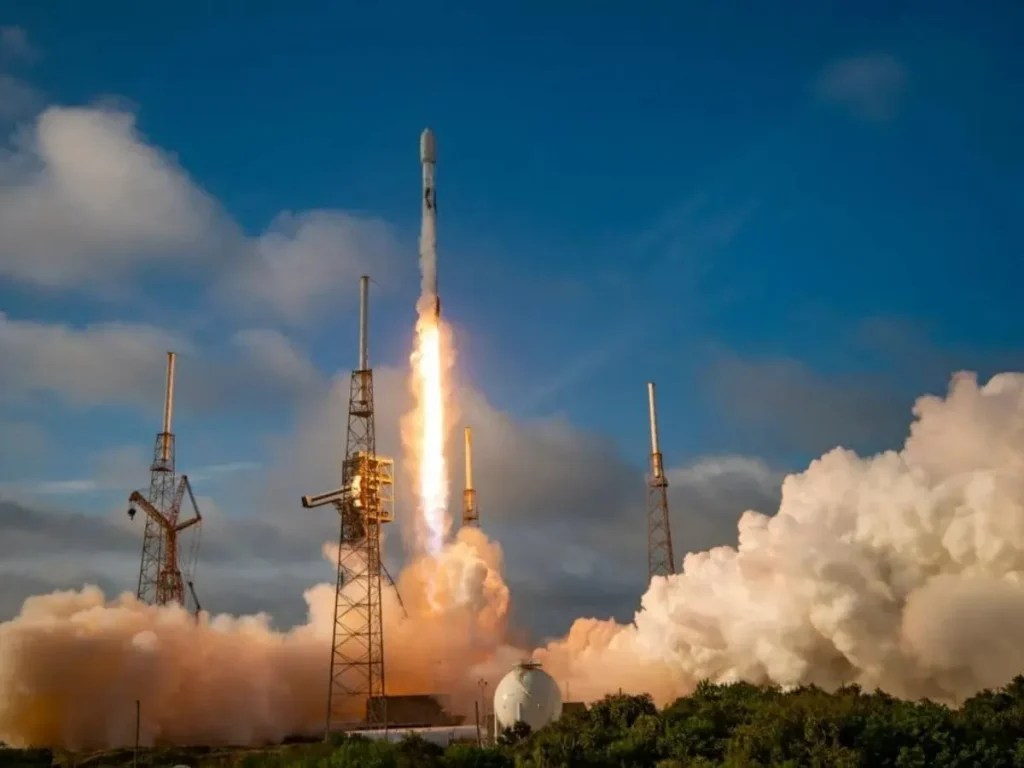On Tuesday, SpaceX’s Falcon-9 rocket successfully launched from Cape Canaveral Space Force Station, Florida, placing India’s Gsat-20 (Gsat-N2) satellite into orbit. The mission, which launched at 12:01 AM as scheduled, saw the satellite separate from the rocket about 34 minutes later and achieve its intended orbit.

About Gsat-20 Satellite
Weighing 4,700 kg, the Gsat-20 satellite is designed for a 14-year mission and is a major leap in satellite communication technology. Equipped with cutting-edge Ka-band technology, Gsat-20 aims to transform broadband and in-flight connectivity across India. As per ISRO, this high-throughput satellite is a significant upgrade to the nation’s communication infrastructure.

NSIL’s Role and Expectations
This marks the second demand-driven communications satellite launched by NewSpace India Limited (NSIL), India’s space PSU. The Gsat-20 satellite is designed to meet the growing demand for broadband connectivity, offering up to 48Gbps of capacity across 32 beams. These beams will cover all of India, including the Andaman, Nicobar, and Lakshadweep Islands. NSIL, which will fully own, operate, and fund the satellite, aims to address the country’s expanding connectivity needs.
Collaboration with SpaceX
This launch is significant as it marks NSIL’s first collaboration with a U.S.-based launcher. Previously, NSIL utilized France’s Arianespace for launching satellites when the weight exceeded the capacity of Indian launch vehicles. The partnership with SpaceX, announced through a Request for Proposal (RFP), is part of NSIL’s broader mission to source international services for heavy satellite launches.

Looking Ahead: India’s Space Reforms
The launch of Gsat-20 comes after the Indian government’s space sector reforms in 2020, which have empowered NSIL to build, launch, own, and operate satellites based on demand. NSIL’s first demand-driven mission, GSAT-24 (now GSAT-N1), launched in June 2022, is fully leased by TataPlay. Unlike Gsat-20, GSAT-24 serves multiple players and offers broader utility.
This mission highlights NSIL’s commitment to driving India’s space ambitions forward with advanced technology and global collaborations.
